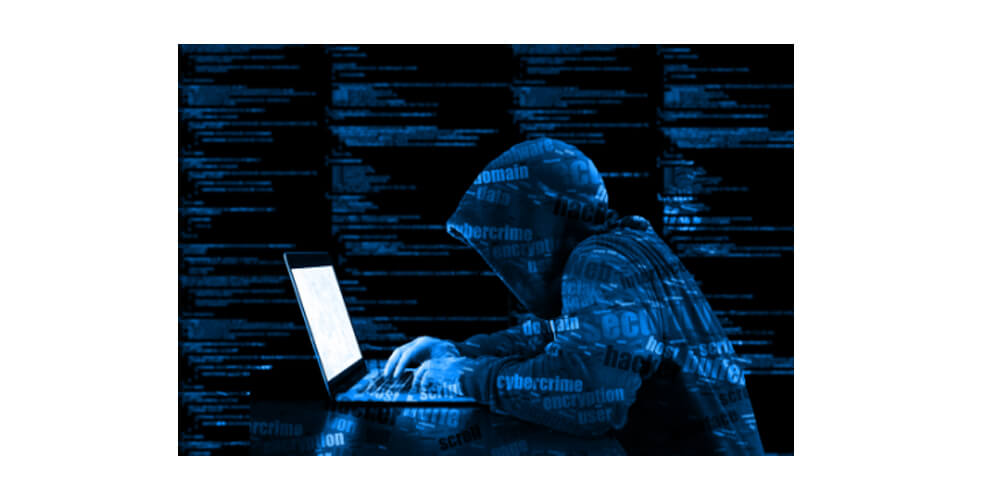There is always a principal reason for protecting your business data with Huawei id. For once, you need to ensure it is safe for future use and applications. This requires time and effort, coupled with appropriate investment.
By ensuring that the data is kept secure, you can easily safeguard the reputation of the business coupled with the public opinion of the company, and establishing the firm as a brand that can easily be trusted with the information.
So when managing the company network, it becomes essential to develop an app or to organize the files coupled with sound security. This should not be an accident.
Organizations that consider security right from the outset will assess their options while making concrete choices that are based on nature and look of business as well as the sensitivity of the information involved.
Threats to business data can quickly transform over time. However, the primary fundamentals of excellent security are constant.
As highlighted by the Federal Trade Commission, you need to know the kind of personal information you have stored in your business files as well as on your computers.
You also need to keep what you need for the business and dispose of what you do not need. That is where the data key authentication comes in.
One of the primary motivations for using a public key authentication rather than the simple passwords is its enhanced security.
The public authentication key offers cryptographic strength coupled with extreme passwords to help protect the business data. It also improves security while freeing users from mastering complicated passwords without having to write them down.
As with multiple encryption schemes, the public eye authentication key is highly based on the algorithm.
Different well-researched and secure algorithms such as RSA as well as DSA are commonly used. And unlike the known symmetric or hidden secret key, these keys are specific to particular applications. The two are known for forming a reliable pair that is specific to every user.
In the case of SSH public fundamental security, it is typical that most organizations and their users create a pair of keys by themselves. The implementations cover usable utilities specifically for enhancing security.
Here are the two primary options to help you enhance the security of your business.
You can invest in a public key which is directly copied to the server. This is based on the fact that anyone with the public key can easily encrypt data that will be read by the individual who happens to hold the private key.
When the SSH server receives the public key from the user who is considered trustworthy in this case, the server then marks the key as authorized. These keys will end up being termed as authorized keys.
A private key, on the other hand, remains with the actual owner or user. The possession of the key is known as proof of the identity of the user.
To be more precise, only a user who possesses a private key that corresponds to the key used by the public server will authenticate successfully.
Final Thoughts
At the same time, the private keys should be stored and then handled carefully. This implies that no copies of the same keys used for verification and authentication should ever be distributed.
Lastly, the private keys utilized in user authentication are known as identity keys.
